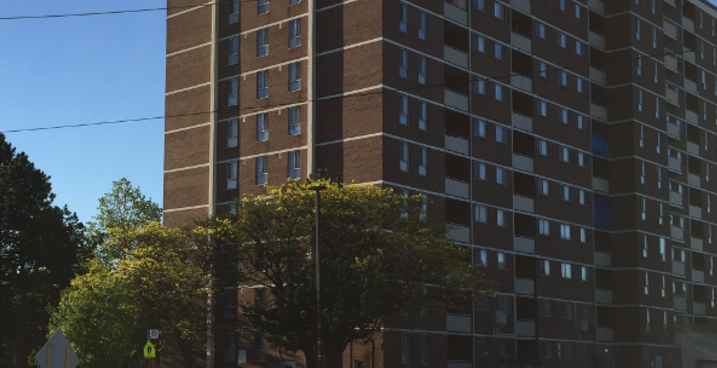
There is a limited supply of social housing resulting in long wait times for people seeking rent-geared-to-income (RGI) assistance. Effective eligibility reviews are a key safeguard for ensuring the nearly $385 million in annual subsidy funding helps people who genuinely need RGI.
Annually, an average of about $7,200 in RGI assistance is provided to each RGI household. While we expect that the vast majority of people are eligible, for every 1% of current RGI households that are ineligible, we estimate that the City is providing over $4,000,000 annually in unwarranted assistance which could be used to provide stable housing for over 650 households who are waiting and eligible.
By The Numbers
- Over 66,000 RGI households live in social housing buildings operated by more than 200 providers
- $385 million in annual subsidy funding for RGI housing
- 15% out of 60 RGI households we reviewed, selected from over 500 that were linked to Toronto properties, own or have a beneficial interest in these properties
Out of over 160 RGI files we reviewed, approximately:
- 18% had indicators of potentially unreported assets or sources of income
- 5% contained inconsistent information or supporting documents that looked altered or fabricated
- 40% did not have sufficient documentation to show compliance with RGI Administration Manual requirements
- 10% had RGI rent calculation error
Background
Rent-geared-to-income is a housing program that makes housing affordable and stable for lower income households. RGI rent is generally capped at 30% of gross income.
The City has delegated responsibility for administering RGI assistance, including ongoing eligibility reviews, to its housing providers. Under the Housing Services Act, 2011, the City remains accountable for any delegated duties.
What We Found
A – Detecting and Investigating Indicators of RGI Ineligibility
We identified a number of indicators that may impact certain households’ eligibility for RGI assistance, including potential:
- Undisclosed property ownership
- Unreported sources of income or assets
- Irregular, altered or falsified documents
- Sub-letting or unauthorized occupants living in RGI units
City needs to develop a strategy to ensure housing providers are able to identify and address these indicators of potential ineligibility. City should also provide proper guidance, training, and tools to support providers and strengthen eligibility reviews.
B – Centralizing Key Aspects of RGI Administration to Provide Stronger Oversight
Weaknesses in the City’s oversight of providers contributes to potential eligibility and non-compliance issues going undetected. These include:
- the absence of a standardized system for housing providers to track and record RGI household data
- gaps in how the City monitors providers’ compliance with legislation
- the limited access the City has to RGI household data
City should ensure household eligibility before granting access to RGI housing. City should obtain and analyze data to identify eligibility risk indicators and to verify income and assets. City needs effective consent forms to be able to obtain and share information for eligibility verification purposes. A centralized database would support more effective RGI administration.
C – Increasing Integration Amongst Income-Based Subsidy Programs
Increasing integration across the City’s income-based subsidy programs creates efficiencies, avoids duplication of activities and improves the client experience, especially for common clients across programs. The law permits these programs to share information to confirm eligibility. Centralizing investigations provides better support to front line staff to address potential eligibility issues and suspected fraud.
How The Recommendations Will Benefit The City
Addressing the recommendations will help maintain public confidence in the City’s oversight of social housing funding. More importantly, this will help prevent providing assistance to ineligible households and assist more waiting and eligible people to access stable housing.